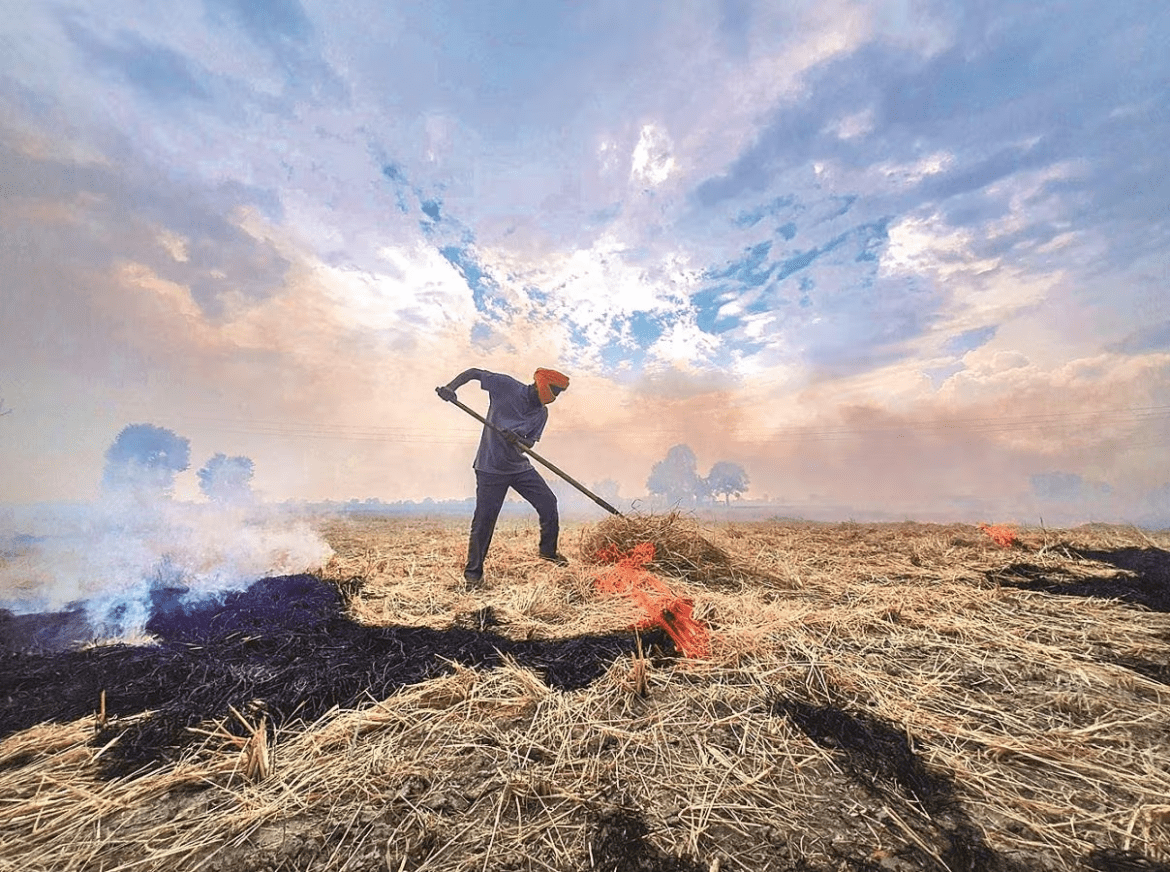AI Generated Summary
- With the onset of each evening patrol, Punjab reaffirms its dedication to maintaining the sanctity of its wildlife sanctuaries, ensuring that future generations can continue to witness the rich tapestry of life that these protected areas sustain.
- As the state continues to balance agricultural practices with environmental conservation, the unwavering commitment of its forest guards remains a cornerstone in protecting the region’s invaluable biodiversity.
- The concerted efforts of the Wildlife Department, supported by local authorities and law enforcement, play a pivotal role in preserving Punjab’s natural heritage.
Every evening at precisely 6:30 pm, a dedicated cohort of forest guards across Punjab embarks on their crucial mission to safeguard the state’s precious wildlife sanctuaries. These vigilant protectors meticulously monitor the “sparse” wildlife inhabiting Punjab’s designated protected forest areas, known locally as birs.
The annual tradition of stubble burning poses a significant threat to the delicate ecosystems within these sanctuaries. The dense smoke and potential for uncontrolled fires jeopardize the lives of numerous species residing in these habitats. To counter this, the Punjab Wildlife Department has implemented stringent measures to maintain fire-free zones extending 100 meters into each bir.
Chief Wildlife Warden Dharminder Sharma emphasized the gravity of the situation, stating, “A small fire incident can suddenly engulf a large area. Thus, we cannot take chances. We follow the standard operating procedures (SOPs) issued by the Centre. Our patrolling teams keep a hawk’s eye round the clock post-harvesting.” This relentless vigilance is crucial in preventing disasters that could devastate vast tracts of protected land.
In addition to the forest guards, Patiala Divisional Forest Officer Neeraj Gupta highlighted the collaborative efforts required to maintain these safe zones. “The area surrounding every sanctuary is an eco-sensitive zone where farmers are prohibited from setting their stubble on fire. We collaborate closely with the police and local administration to ensure that fields adjacent to forest lands remain free from open burning,” Gupta explained.
Punjab is home to twelve officially recognized wildlife sanctuaries, encompassing a total area of 32,370.64 hectares. Among these, the Abohar Wildlife Sanctuary stands out, covering 18,650 hectares and including 13 Bishnoi villages. These sanctuaries are teeming with diverse wildlife, including Black Buck, Chital, Hog Deer, Blue Bull, Wild Boar, Jackals, Rhesus Monkeys, Peafowl, Brahminy Mynas, Black and Grey Partridges, Quails, Jungle Cats, Doves, and Spotted Owlets.
The state’s notable protected forest areas include:
- Bir Gurdialpura Sanctuary
- Bir Moti Bagh Wildlife Sanctuary
- Bir Bhunerheri Wildlife Sanctuary
- Bir Mehas Wildlife Sanctuary
- Bir Bhadson Wildlife Sanctuary
- Bir Aishwan Wildlife Sanctuary
- Harike Wildlife Sanctuary
- Takhni Rehmapur Sanctuary
- Nangal Wildlife Sanctuary
- Kathlour Kushalian Sanctuary
- Jhajjar-Bachauli Sanctuary
- Abohar Wildlife Sanctuary
The concerted efforts of the Wildlife Department, supported by local authorities and law enforcement, play a pivotal role in preserving Punjab’s natural heritage. As the state continues to balance agricultural practices with environmental conservation, the unwavering commitment of its forest guards remains a cornerstone in protecting the region’s invaluable biodiversity.
With the onset of each evening patrol, Punjab reaffirms its dedication to maintaining the sanctity of its wildlife sanctuaries, ensuring that future generations can continue to witness the rich tapestry of life that these protected areas sustain.




